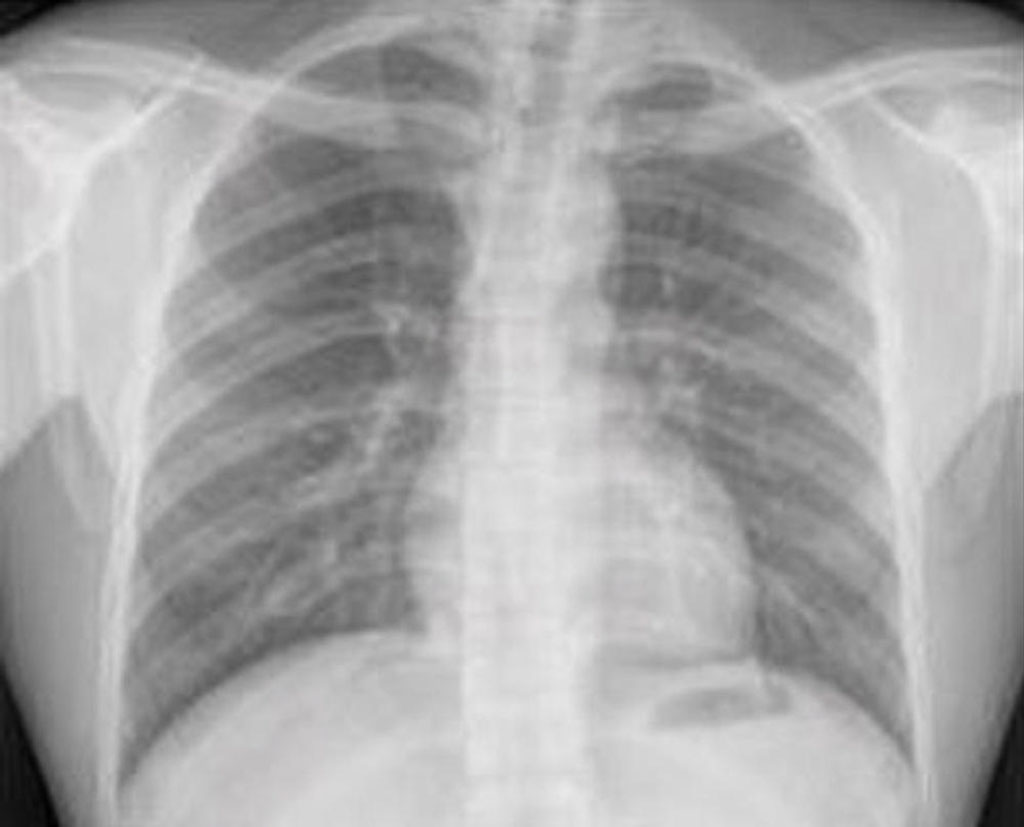AI Predicts Heart Disease Risk Using Single X-Ray
Posted on 30 Nov 2022
Current guidelines recommend estimating 10-year risk of major adverse cardiovascular disease events to establish who should get a statin for primary prevention. This risk is calculated using the atherosclerotic cardiovascular disease (ASCVD) risk score, a statistical model that considers a host of variables, including age, sex, race, systolic blood pressure, hypertension treatment, smoking, Type 2 diabetes and blood tests. Statin medication is recommended for patients with a 10-year risk of 7.5% or higher. Now, researchers have developed a deep learning model that uses a single chest X-ray to predict the 10-year risk of death from a heart attack or stroke, stemming from atherosclerotic cardiovascular disease.
Deep learning is an advanced type of artificial intelligence (AI) that can be trained to search X-ray images to find patterns associated with disease. A team of researchers at Massachusetts General Hospital (Boston, MA, USA) trained a deep learning model using a single chest X-ray (CXR) input. They developed the model, known as CXR-CVD risk, to predict the risk of death from cardiovascular disease using 147,497 chest X-rays from 40,643 participants. The researchers tested the model using a second independent cohort of 11,430 outpatients (mean age 60.1 years; 42.9% male) who had a routine outpatient chest X-ray and were potentially eligible for statin therapy.

Of 11,430 patients, 1,096, or 9.6%, suffered a major adverse cardiac event over the median follow-up of 10.3 years. There was a significant association between the risk predicted by the CXR-CVD risk deep learning model and observed major cardiac events. The researchers also compared the prognostic value of the model to the established clinical standard for deciding statin eligibility. This could be calculated in only 2,401 patients (21%) due to missing data (e.g., blood pressure, cholesterol) in the electronic record. For this subset of patients, the CXR-CVD risk model performed similarly to the established clinical standard and even provided incremental value. Additional research, including a controlled, randomized trial, is necessary to validate the deep learning model, which could ultimately serve as a decision-support tool for treating physicians.
"Our deep learning model offers a potential solution for population-based opportunistic screening of cardiovascular disease risk using existing chest X-ray images," said the study's lead author, Jakob Weiss, M.D., a radiologist affiliated with the Cardiovascular Imaging Research Center at Massachusetts General Hospital and the AI in Medicine program at the Brigham and Women's Hospital in Boston. "This type of screening could be used to identify individuals who would benefit from statin medication but are currently untreated."
"The beauty of this approach is you only need an X-ray, which is acquired millions of times a day across the world," Dr. Weiss said. "Based on a single existing chest X-ray image, our deep learning model predicts future major adverse cardiovascular events with similar performance and incremental value to the established clinical standard."
"We've long recognized that X-rays capture information beyond traditional diagnostic findings, but we haven't used this data because we haven't had robust, reliable methods," Dr. Weiss added. "Advances in AI are making it possible now."
Related Links:
Massachusetts General Hospital













